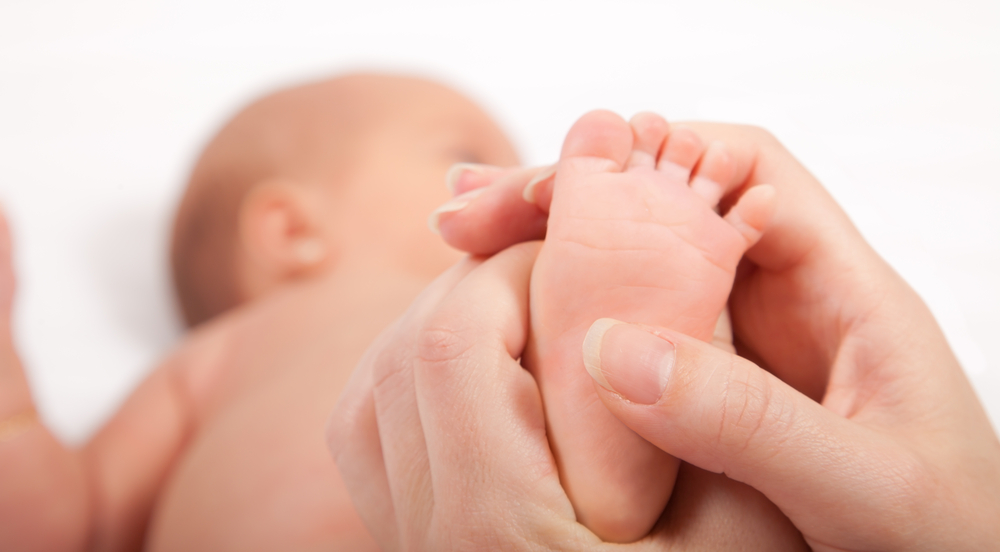Major depressive disorder, commonly known as clinical depression or unipolar depression, is a serious mental illness that significantly impacts a person’s daily life and functioning. According to the National Institute of Mental Health, around 7% of American adults experience at least one major depressive episode per year. Thankfully, there are effective treatment options available that can help people manage their symptoms and regain well-being. This article provides a comprehensive overview of major depressive disorder treatment.
Psychotherapy
Psychotherapy, also known as talking therapy, is considered a frontline treatment option for depression. There are several evidence-based types of psychotherapy that can be effective:
– Cognitive behavioral therapy (CBT): CBT helps patients identify and change patterns of negative thinking and behaviors that perpetuate depression. Short-term CBT programs of 12-16 weeks have been shown to significantly reduce depressive symptoms.
– Interpersonal therapy (IPT): IPT focuses on improving interpersonal relationships that may be contributing to or maintaining depression. Common issues addressed in IPT include grief, role disputes, role transitions, and interpersonal deficits.
– Psychodynamic therapy: This longer-term therapy examines underlying psychological and interpersonal issues through talk and interpretation. It can provide insight into recurring patterns and themes that relate to depression.
– Group therapy: Participating in group therapy allows patients to learn from others coping with similar issues. It can help reduce social isolation and normalize experiences of depression.
Medication
Antidepressant medications are often used along with psychotherapy to treat major depression. Commonly prescribed classes of antidepressants include SSRIs, SNRIs, and newer antidepressants. The medication works to correct imbalances in brain chemicals like serotonin and norepinephrine that may be contributing to depressive symptoms. It typically takes 4-6 weeks to see the full effect. Some options include:
Fluoxetine (Prozac): One of the most commonly prescribed SSRIs, it is generally well-tolerated.
Sertraline (Zoloft): Another popular SSRI that is helpful for depressive, obsessive-compulsive, panic, and social anxiety disorders.
Venlafaxine (Effexor): An SNRI used to treat major depressive disorder and generalized anxiety disorder.
Duloxetine (Cymbalta): Also an SNRI approved for treating depression, as well as fibromyalgia, nerve pain, and stress urinary incontinence.
Vortioxetine (Trintellix): Approved as a newer antidepressant for major depression. It works on serotonin, norepinephrine, and dopamine.
Electroconvulsive Therapy
For cases of severe, Major Depressive Disorder Treatment depression or when rapid treatment response is needed, electroconvulsive therapy (ECT) may be considered. ECT involves inducing brief electrical seizures in the brain under anesthesia for its antidepressant effects. A full course of 6-12 treatments is usually administered 2-3 times per week. Side effects are usually short-lived and include confusion and memory issues. However, ECT is highly effective at reducing depression when medications and therapy have failed.
Additional Treatment Options
Several other therapeutic approaches can supplement standard depression treatment:
Transcranial magnetic stimulation (TMS): A noninvasive procedure using magnetic fields to stimulate nerve cells in areas of the brain responsible for mood regulation. Daily sessions are needed for 4-6 weeks. TMS has fewer side effects than ECT.
Vagus nerve stimulation (VNS): An implantable device is surgically placed under the skin near the collarbone to deliver electrical pulses to the vagus nerve in the neck. VNS may help reduce depressive symptoms over several months of daily use.
Light therapy: Sitting in front of a light therapy box for 30 minutes each morning can effectively boost mood, as bright light exposure impacts brain chemistry and circadian rhythms. This is most beneficial in winter or for seasonal depression.
Exercise: Regular physical activity is as effective as antidepressant medication for mild to moderate depression. It releases feel-good brain chemicals and healthy coping strategies.
With a combination of medication, psychotherapy, and lifestyle changes, major depressive disorder can often be successfully managed in most patients to relieve symptoms and restore wellness and functioning. An individualized treatment plan tailored to a person’s needs offers the best approach for achieving remission and preventing future episodes of depression. With commitment to self-care and treatment, people suffering from depression have hope for recovery.
*Note:
1. Source: Coherent Market Insights, Public sources, Desk research
2. We have leveraged AI tools to mine information and compile it



